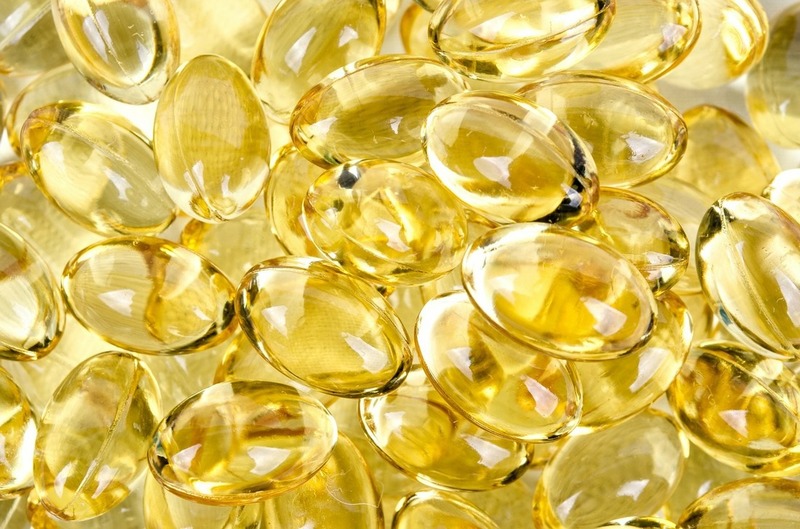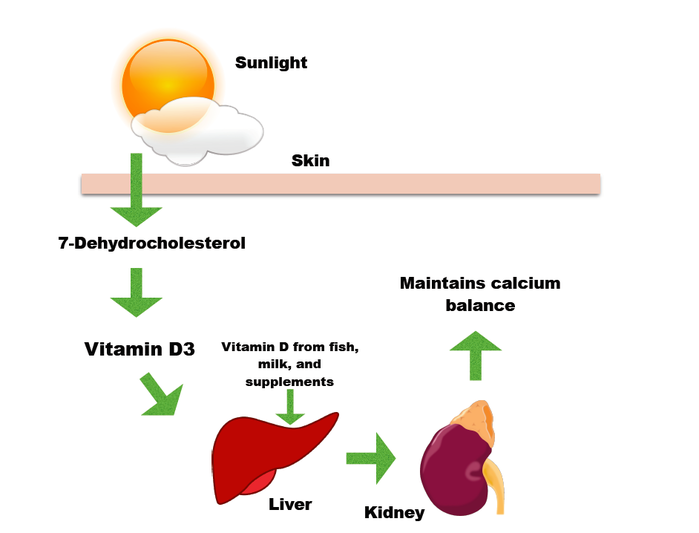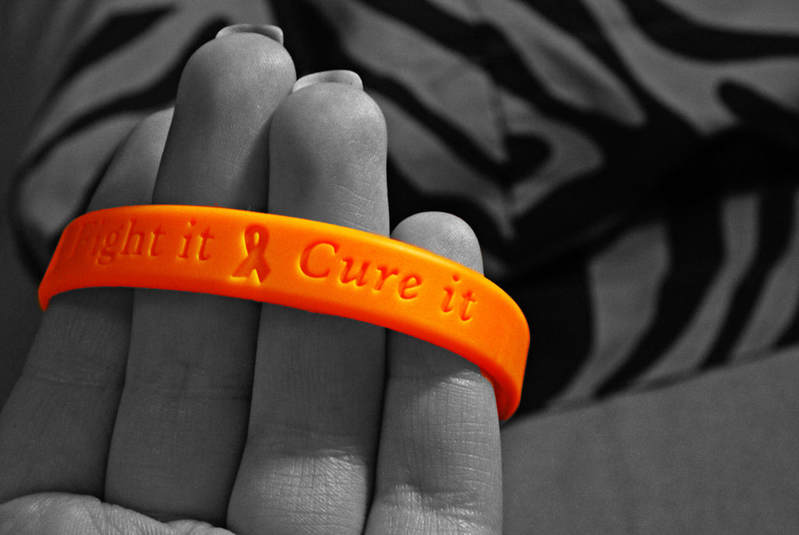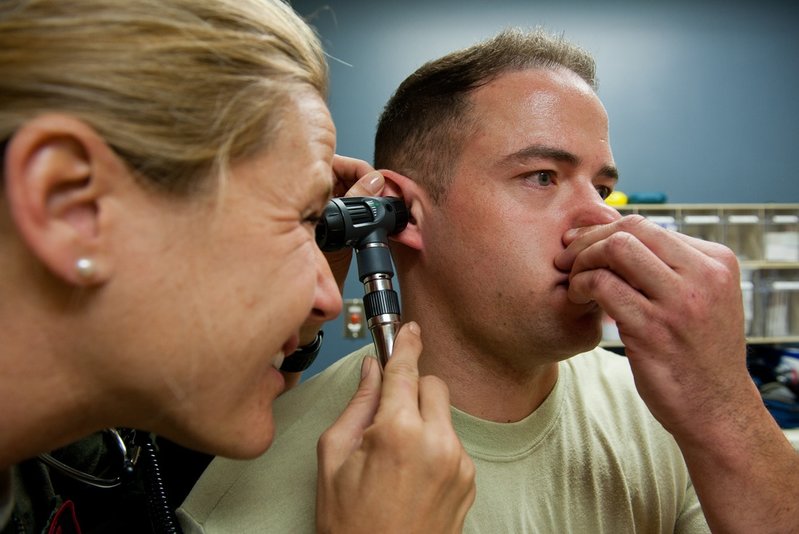Possible Cancer Prevention in Vitamin D
Vitamin D is commonly associated with dairy milk and was added to the product in the 1920s. However, human bodies can make vitamin D naturally when ultraviolet (UV) light from the sun contacts skin and converts pre-vitamin D molecules into vitamin D. A group of researchers have noticed that people who live in parts of the world that receive more sunlight get cancer less than those who don’t. They hypothesized that the increase in sunlight increases vitamin D, which protects them against cancer. Since this hypothesis, many studies on humans have been conducted to test if vitamin D supplementation decreases risk of cancer.
A recent clinical trial published in the Journal of the American Medical Association conducted by researchers from Creighton University and the University of California San Diego found that older women who were given vitamin D supplements had a decreased risk for developing cancer. In this study, the researchers asked healthy women aged 55 or older to take 2,000 international units (IU) of vitamin D supplementation through the form of a pill. Vitamin D can normally be found at grocery stores or health stores in forms as low as 50 IU to 5,000 IU, but the United States’ government’s recommended intake of vitamin D for women in the study’s age group is 600 IU. Half of the women took vitamin D while the other half took a placebo pill, which did not actually contain vitamin D. The purpose of the “fake pill” is to ensure that vitamin D, not the act of taking the pill, is what causes the effect.
The researchers analyzed their findings and found that the group of women who took vitamin D had a 30% lower risk of cancer than the women who took the placebo. In addition, the women in the study who did develop cancer had lower levels of vitamin D in their blood than women who did not develop cancer. This study suggests that vitamin D has protective effects against developing cancer. However, studies across all age groups must be tested to determine its effectiveness.
A recent clinical trial published in the Journal of the American Medical Association conducted by researchers from Creighton University and the University of California San Diego found that older women who were given vitamin D supplements had a decreased risk for developing cancer. In this study, the researchers asked healthy women aged 55 or older to take 2,000 international units (IU) of vitamin D supplementation through the form of a pill. Vitamin D can normally be found at grocery stores or health stores in forms as low as 50 IU to 5,000 IU, but the United States’ government’s recommended intake of vitamin D for women in the study’s age group is 600 IU. Half of the women took vitamin D while the other half took a placebo pill, which did not actually contain vitamin D. The purpose of the “fake pill” is to ensure that vitamin D, not the act of taking the pill, is what causes the effect.
The researchers analyzed their findings and found that the group of women who took vitamin D had a 30% lower risk of cancer than the women who took the placebo. In addition, the women in the study who did develop cancer had lower levels of vitamin D in their blood than women who did not develop cancer. This study suggests that vitamin D has protective effects against developing cancer. However, studies across all age groups must be tested to determine its effectiveness.
How does vitamin D protect against cancer? Some scientists believe vitamin D boosts the immune system’s ability to fight cancer by increasing the number of lymphocytes, which are the immune system’s soldiers. Others believe its anti-inflammatory properties prevent cancer from spreading. Until more research is done, scientists cannot say for sure.
What is known is that the increase in awareness of vitamin D’s potential benefits in cancer prevention is rapidly increasing sales; it is estimated that the market for vitamin D will be worth over two billion dollars by 2020. This increase in sales might be warranted. According to a study conducted between 1988 and 2004, vitamin D deficiency is increasing in the United States, probably because of increased sunscreen usage, which can block vitamin D production. Vitamin D levels can be assessed through blood work at a doctor’s office. However, until many more clinical trials have been conducted testing its effects, doctors won’t be prescribing vitamin D to protect their patients from cancer any time soon.
What is known is that the increase in awareness of vitamin D’s potential benefits in cancer prevention is rapidly increasing sales; it is estimated that the market for vitamin D will be worth over two billion dollars by 2020. This increase in sales might be warranted. According to a study conducted between 1988 and 2004, vitamin D deficiency is increasing in the United States, probably because of increased sunscreen usage, which can block vitamin D production. Vitamin D levels can be assessed through blood work at a doctor’s office. However, until many more clinical trials have been conducted testing its effects, doctors won’t be prescribing vitamin D to protect their patients from cancer any time soon.
Featured Image Source: PublicDomainPictures
RELATED ARTICLES
|
Vertical Divider
|
Vertical Divider
|
Vertical Divider
|






